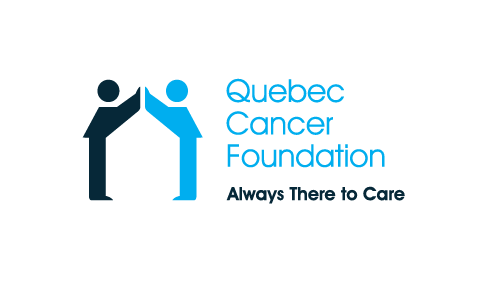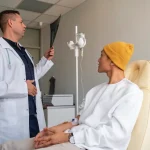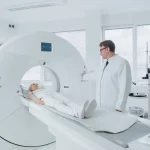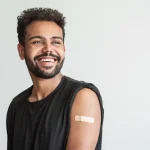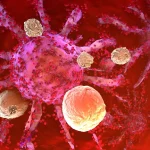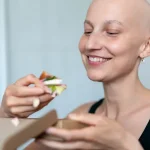The Cancer Treatment Plan
Cancer treatment plans are based on the unique situation of each person with cancer. Your oncologist, in partnership with your care team, will continue to adapt it to your situation, based on your disease and health.
Treatment plans are made according to established recommended best practices in keeping with the most up-to-date scientific knowledge. They are based on internationally recognized medical practice guidelines
Cancer Therapy Committee
Oncology teams discuss and make decisions on treatment plans as an interdisciplinary committee. The ultimate goal of these meetings is to determine the best possible treatment for each person with cancer.
The suggested course of treatment is then discussed with the patient. During this consultation, the oncologist provides information on the characteristics of the cancer, recommended treatments, expected benefits and potential side effects.
It is best for patients to be accompanied by a loved one for this consultation. It is important for patients to take the time to ask any questions they have and make sure they understand what is at stake, so that they make an informed decision about their treatment. Sometimes, people will need time to think before making a decision. Do not hesitate to ask about this.
Therapeutic Options
In some cases, there may be more than one therapeutic option available. This means that two or three different treatments have been recognized as equally efficient. It is then up to patients to decide on the most suitable treatment for them.
Clinical Trials
In other cases, the oncologist may propose a clinical trial.
The purpose of clinical trials is to evaluate new cancer treatments. In other words, before introducing new treatments to all patients, they need to be tested for efficiency and tolerability. It is not always possible to participate in a clinical trial, since specific criteria have to be met in order to be eligible.
Participation is free and voluntary. Even before agreeing to take part in a clinical trial, you are free to leave at any time. Your oncologist will then recommend another treatment avenue. This decision will in no way affect the medical team’s commitment to treating you.
Single-drug or combination treatments
Some cancer cases require a single treatment drug. In other cases, a combination of drugs can be used to better control and treat the disease.
When more than one drug is used, they can be administered together or at different times, depending on the type and stage of cancer.
Curative Treatment or Palliative Care
Curative treatment includes all treatments administered for the purpose of curing a disease or bringing about prolonged remission.
“Curative treatments seek to cure people of disease, which may or may not be life threatening, by using all reasonable diagnostic and therapeutic means available. They also aim to preserve the quality of life of patients and their loved ones by preventing and treating the consequences of the disease and its related suffering without undermining the possibility of a cure.”
(Translation from CA GRASSPHO NOV 05)
According to the World Health Organization (WHO) (2002):
“Palliative care is an approach that improves the quality of life of patients and their families facing the problems associated with life-threatening illness: through the prevention and relief of suffering by means of early identification and impeccable assessment; and the treatment of pain and other problems – physical, psychosocial and spiritual.”
(Sources : OMS 2002)
